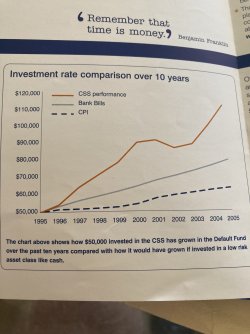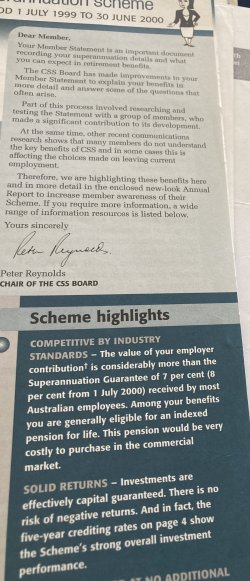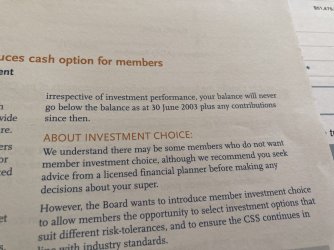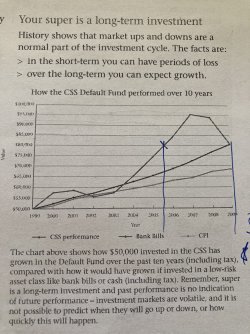- Joined
- Jan 26, 2011
- Posts
- 29,527
- Qantas
- Platinum
- Virgin
- Red
Even though an SMSF there were still the usual taxes listed above that had to be paid. You likely just didn't see them.All this complexity is amazing
Iirc ( it was aeons ago) all our super contributions ( to our smsf ) came from pre tax company profits and were therefore tax free. The eventual pension receipt is tax free as well as all the capital gains and earnings
It has been an amazing ride and i am fairly sanguine about the fiscal fiend getting a bit back so late in the game
Posted courtesy of airnz wifi


















